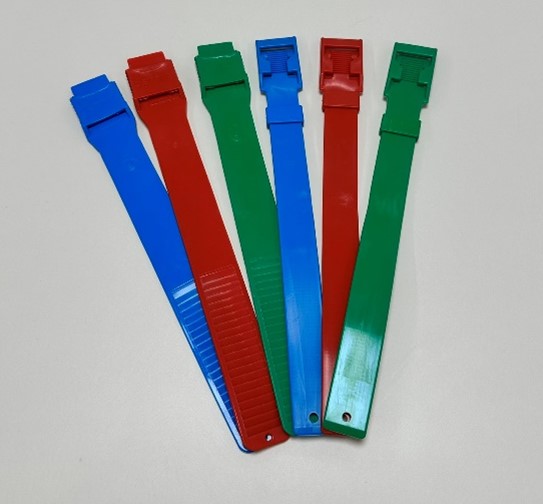Banks in Armenia and Kazakhstan blocked accounts for deliveries to Russia

In the past two weeks, suppliers have increasingly faced cases when banks in Armenia, Kazakhstan and Hong Kong block payments from Russian legal entities under the commodity nomenclature of foreign economic activity (TN VED) 8542, which includes microcircuits, processors and other equipment, citing sources in the market Electronics reported "Kommersant".
According to one of the interlocutors, this is due to the tenth round of US sanctions introduced in February . According to him, foreign banks may be subject to restrictions for cooperation with Russia. This refers to any provision of funds, goods or services to or from a blocked person.
As noted by the source of the publication, now Russian companies will have to import components needed for the production of computers, servers, data storage systems (SHD) and other equipment, under the "alternative" TN VED codes. Or you will have to "deliver the entire equipment in the assembly," he added.
Another source of the publication, close to the government, said that there are cases of blocking payments for the supply of the latest generation of telecom equipment, as well as storage systems and servers.
The Ministry of Industry and Trade did not respond to the publication's request. The Central Bank explained that "compliance procedures for specific foreign banks depend on their internal policies and in different periods may be characterized by varying degrees of rigidity."
The head of the Russian-Asian Union of Industrialists and Entrepreneurs, Vitaly Mankevich, said in an interview with the publication that partners from Hong Kong describe the situation as difficult. At the same time, another interlocutor noted that so far not all Armenian or Hong Kong banks are blocking payments, and the suppliers themselves are starting to use "other methods of making payments."
Read PionerProdukt .by Investors are getting rid of Magnit papers. Is it worth it Pricesfor housing in attractive areas are constantly growing. Why this is a myth How to choose a boarding house for your elderly relative “We were created to eat meat”: how investor Naval Ravikant monitors his healthThe package of sanctions in question was introduced by the United States on February 24, the anniversary of the start of Russia's special operation in Ukraine . 11 Russian mid-level banks, including regional ones, fell under the restriction. The US Treasury Department said the sanctioned entities are "turning to smaller banks" and asset managers in an attempt to circumvent the restrictions.
The Russian authorities consider the Western sanctions illegal and say that they will harm only their initiators. At the same time, no “even the toughest sanctions” have ever led to “countries somehow changing their position,” the Kremlin stressed.
The Wall Street Journal wrote that in 2022 a number of post-Soviet countries, including Armenia and Kazakhstan , increased imports of goods from the EU and the US, and also increased exports to Russia in parallel. The EU considers this a sign of sanctions circumvention.
Armenian Prime Minister Nikol Pashinyan said that the threat of falling under Western sanctions is a red line for Yerevan in relations with Moscow. “Where there is an opportunity, we will gladly meet Russian demand. But sanctions are a red line. And we say this clearly to the Russians: we do not want to harm you, but we ourselves cannot afford to fall under sanctions, ”he explained.
A similar position is held by the President of Kazakhstan, Kassym-Jomart Tokayev. Last summer, he said that he did not renounce allied obligations with respect to Russia, but noted that “sanctions are sanctions” and Kazakhstan will not violate them.




























































